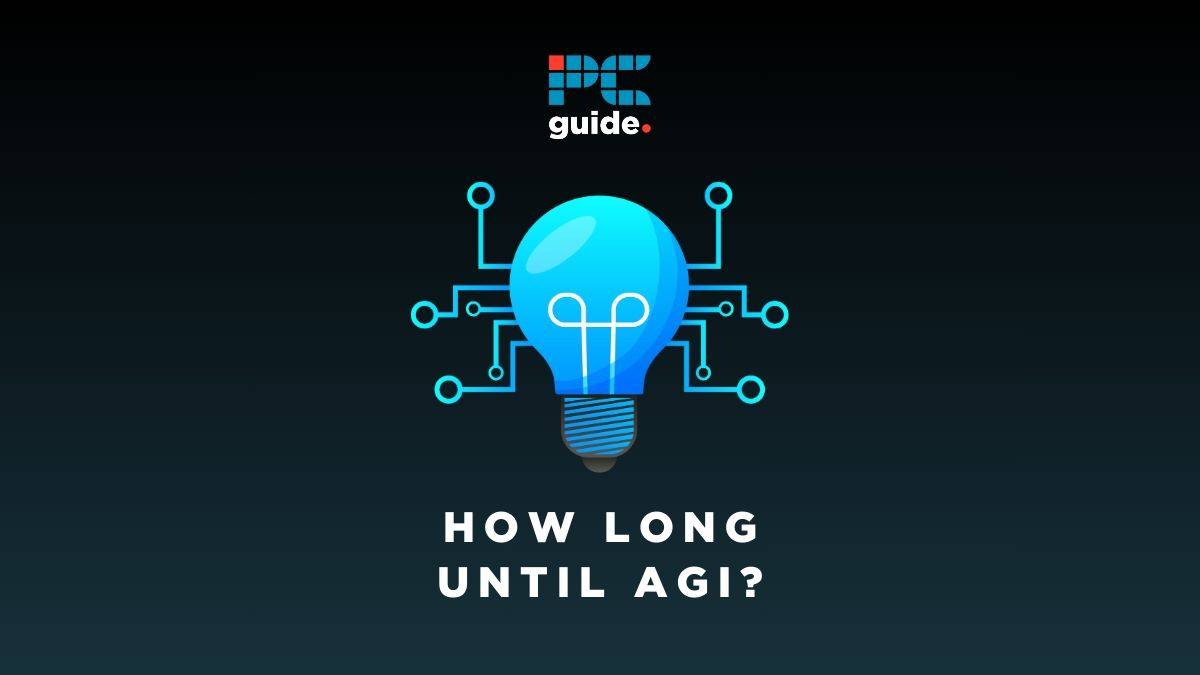What can’t AI do? Researchers reveal the hardest problems for artificial intelligence

Table of Contents
In the “largest study of its kind”, 2,778 published AI researchers have predicted how long it will be until AI solves 39 high-difficulty problems. How long do we have until Artificial General Intelligence (AGI)? Can AI even perform physical tasks in a residential environment? What can’t AI do? According to those in the know, it’s all just a matter of time.
What can AI do? What can’t it do?
33 of the 39 tasks are predicted to happen before 2034. The wording specifically states that these are “predicted to have at least a 50% chance of being feasible within the next ten years”, and with the study having been conducted during 2023, this equates to 2034. Some of the 2,778 respondents gave estimates beyond 2034, so keeping in mind that these results are an aggregate of opinions, the four tasks not predicted to happen in the next ten years are:
- “After spending time in a virtual world, output the differential equations governing that world in symbolic form” (12 years / 2035)
- “Physically install the electrical wiring in a new home” (17 years / 2040)
- “Research and write” (19 years / 2042) or “Replicate” (12 years / 2035) “a high-quality ML paper,”
- “Prove mathematical theorems that are publishable in top mathematics journals today” (22 years / 2045)
- Solving “long-standing unsolved problems in mathematics” such as a Millennium Prize problem (27 years / 2050)
The remaining tasks, largely predicted to happen this decade, include many tasks of extreme economic value. These include “coding an entire payment processing site from scratch and writing new songs indistinguishable from real ones by hit artists such as Taylor Swift”.
Essential AI Tools
Predicted timespans until AI solves the worlds hardest problems
We also have an answer to the question on everyone’s mind — How long do we have until AGI (Artificial General Intelligence)?
Well, in the terms outlined by the study, our AI research group predicted the feasibility of High-Level Machine Intelligence. The study defines High-level machine intelligence (HLMI) as achieved “when unaided machines can accomplish every task better and more cheaply than human workers. Ignore aspects of tasks for which being a human is intrinsically advantageous, e.g. being accepted as a jury member. Think feasibility, not adoption.“
They predicted a “10% chance of HLMI by 2027” and “a 50% chance of HLMI by 2047”. For reference, the same study was conducted in 2022, with predictions of a “10% chance of HLMI by 2029” and “a 50% chance of HLMI by 2060”. This brings our sensible estimate for above-human machine intelligence 13 years closer than when estimated the previous year.
